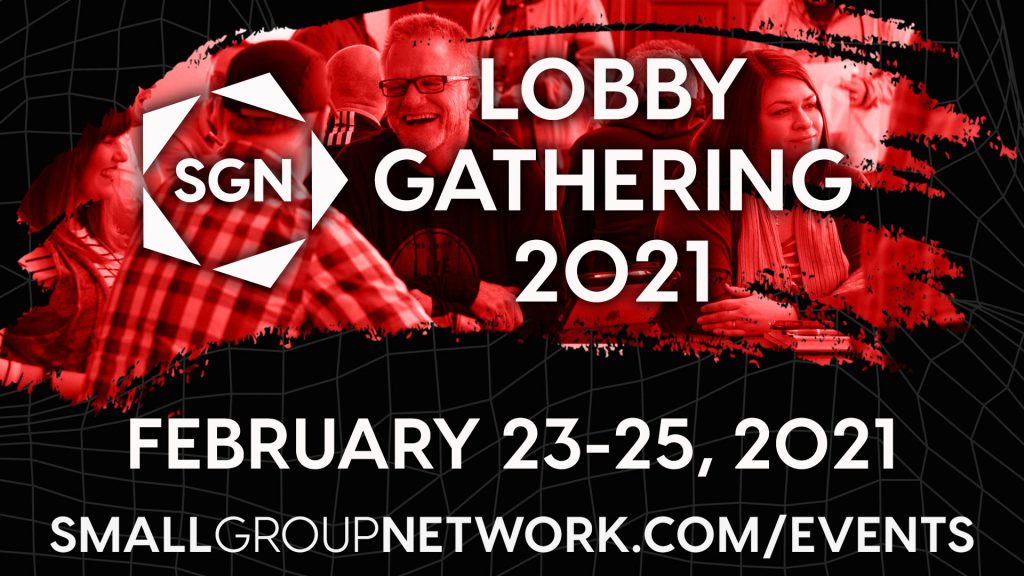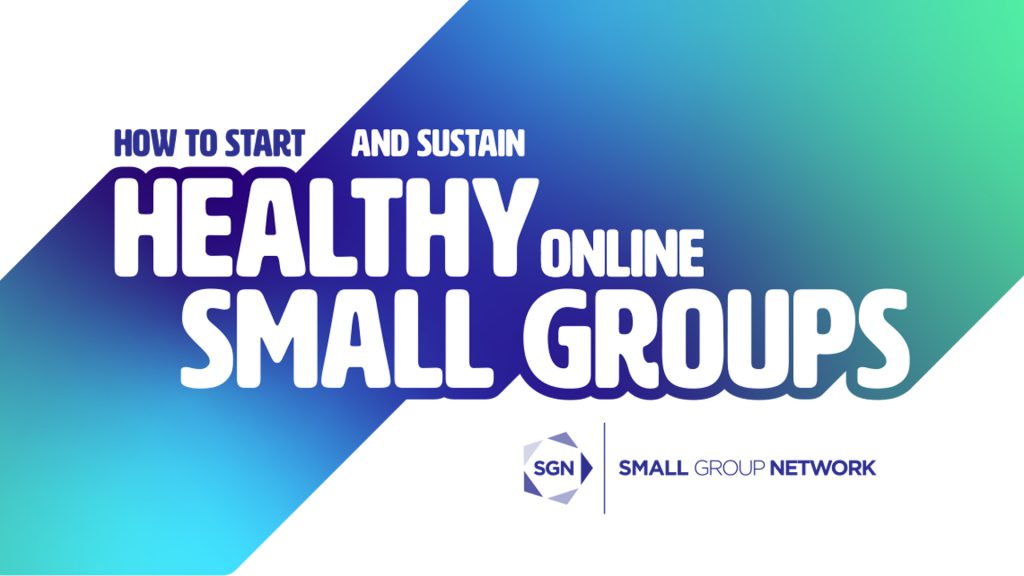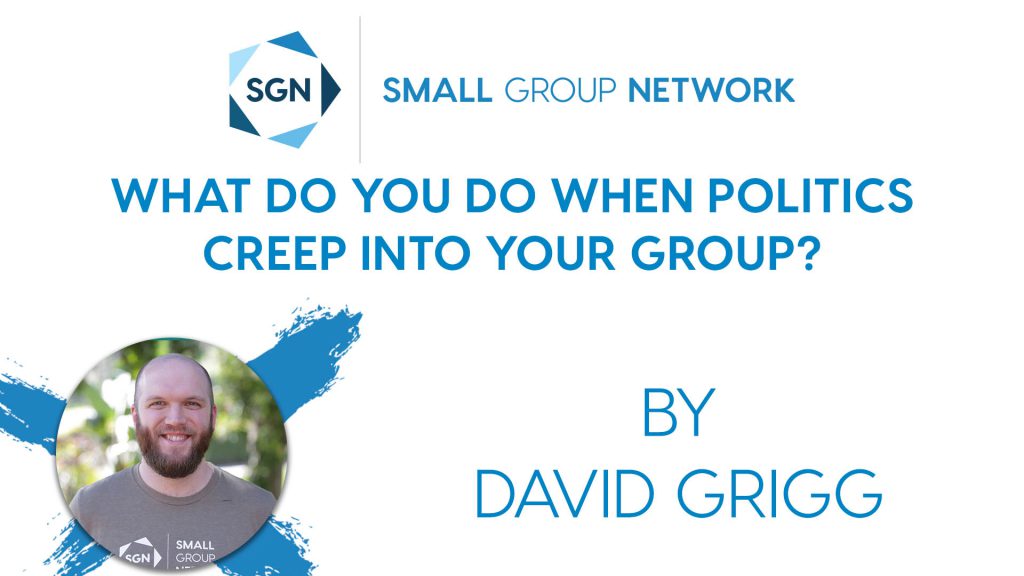
FLASH SALE! Get $125 off Lobby 2021 through October 31st! Connect with & learn from the brightest small group ministry leaders from around the nations for 3 days & 2 nights in SoCal at the stunning Rancho Capistrano Retreat Center. Price includes registration, lodging & most meals. Use code FLASHSALE
Every four years we as group leaders ask the question: “Is there any way for our small group to talk about politics in a healthy way?” It is likely that some in your group are eager to discuss the pressing issues and others come each week ready to run at the slightest scent of political discussion. In groups that I’ve led, we’ve typically made politics off-limits, but is that even possible in this season?
I have come to believe that in the United States of 2020, in the midst of a global pandemic and a renewed global call for racial justice, political conversations are unavoidable. It seems that the very way we live—where we go or don’t go, who we do or don’t hug, and what we do or do not wear on our faces—are all able to spark a conversation about politics. So how do we do this well? I’m by no means an expert, but here are three concepts that I have found essential to helping groups navigate tense discussion:
- Anticipate conflict and tension
Does your group know what to expect if tensions rise during your meeting? If not, this is something you should discuss together. Acknowledge that every group of people experiencing life together is bound to experience some form of conflict and rather than improvising when a conflict occurs, you’d like to create some guard rails to protect the relationships in the group. This can include specific topics or behaviors that are off-limits or agreed-upon ways that the group leader can step in to mediate and bring resolution. One group in our church has agreed to limit political conversation to face-to-face meetings because they recognize that conflict is magnified in a group text or Facebook group. - Read the room
I previously wrote an article about the importance of reading the room. This concept is vital in tense conversations. A leader needs to know when to let conversation flow, when to step in and guide, and when to just move on. It is easy to focus on the ones engaged in the conversation, but it is far more helpful to keep an eye on everyone else. Are they leaning in and engaged, or are they showing signs of discomfort like looking at the clock, avoiding eye contact, or fidgeting? When you’ve set up your group’s guard rails, it becomes easier to recognize these signs and lead your discussion in a healthy direction. - Follow up well
After a night of tense conversation, follow up may be necessary. Those who showed discomfort and those who expressed hurt or offense need to be cared for, even if you are not the source of the discomfort, hurt, or offense. Depending on the depth of your relationship this can be a text saying, “It looked like the conversation last night was causing you some discomfort. If that is the case, I’m sorry and would like to talk about having healthier discussions.” It may also require a phone call or a house call to talk face-to-face. Regardless of who caused disruption, the group is looking to you to make your meetings a safe and respectful space moving forward, and they need to hear from you. If there were one or two specific people causing disruption, they also need follow up to make sure they recognize the role they played in the conflict and to make a plan to have better conversations in the future.
Every group is different, and these conversations will go differently based on all manner of factors. As leaders we cannot control whether conflict comes, and even in the best of circumstances conflict can get out of control. However, these three steps that are completely within our control can contribute to a healthy outcome and the ability to move forward together in our groups even in the midst of a difficult election season.






